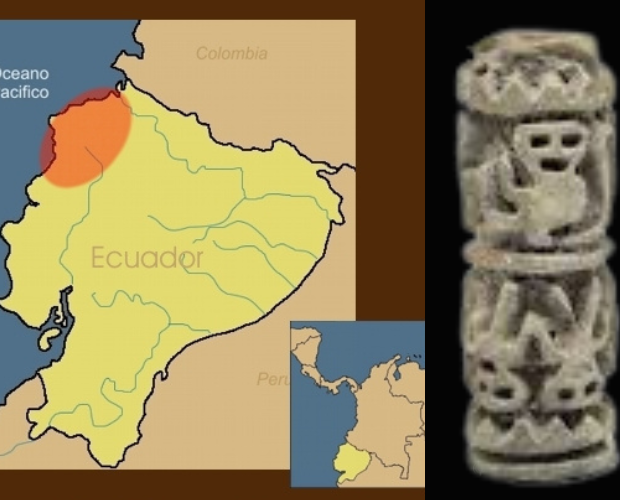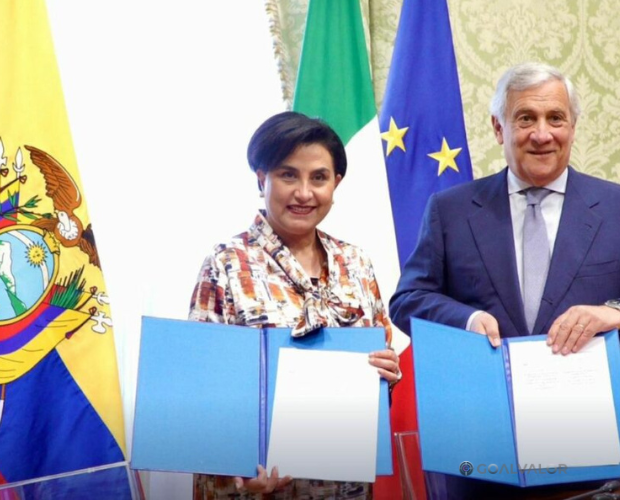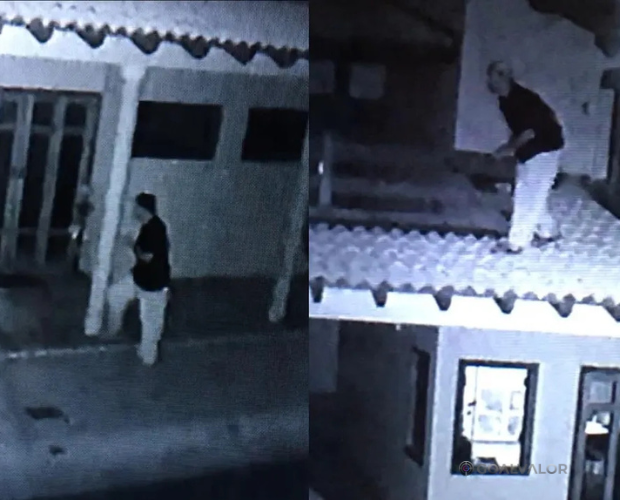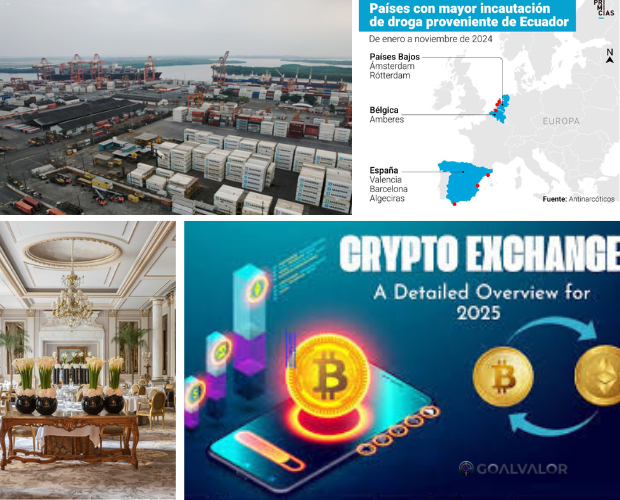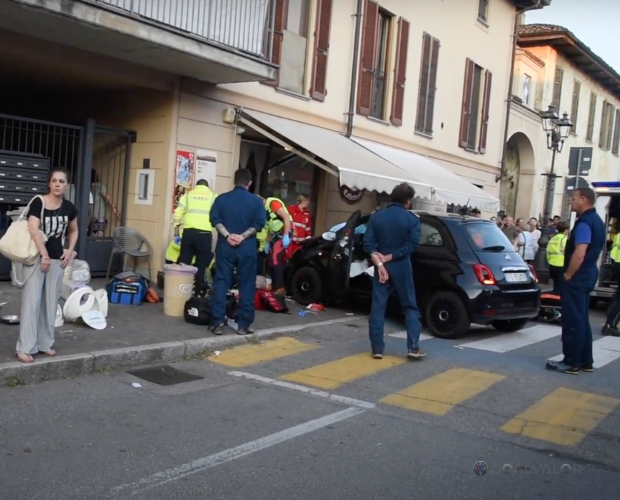In the digital world, where every click is a possibility and any object can find a new owner, a man from Pordenone uploaded an online sales ad that opened a completely unexpected chapter. “Seems ancient,” he wrote. The photos showed a small terracotta stamp — a pintadera — which, according to the seller’s initial intuition, might have some cultural value.
What he didn’t expect was that those images would catch the attention of Italy’s Carabinieri Cultural Heritage Protection Unit (TPC), professionals trained to safeguard what lies beyond market value: the historic soul of humanity. What seemed like a naive gesture triggered an investigation that would involve the University of Bologna, Italian judicial authorities, and even the government of Ecuador.
The object in question turned out to be a rare artifact — an authentic cylindrical stamp dating back to the Jama-Coaque civilization, a pre-Columbian culture located along the northern coast of present-day Ecuador. Experts dated it between the 4th century BCE and the 16th century CE. This wasn’t just a valuable item — it was a piece protected under Ecuadorian heritage law since 1911: non-exportable, non-sellable, and not a tradable commodity.
From online marketplaces to an embassy: when cultural consciousness becomes social leadership
The seller, as revealed during the investigation, had received the pintadera as a gift from an acquaintance and was unaware of its origin or true value. This played a key role in confirming his good faith, ultimately exempting him from criminal responsibility. The artifact was seized in January 2024, and after months of expert analysis, a decision was made: the pintadera would return home. In June 2025, the ancient piece was officially returned to the Ecuadorian embassy in a gesture of cultural diplomacy and mutual respect.
Recognizing the value of our roots — of the stories that came before us — also means acting with attention and care. It means becoming professionals of awareness, not just market players.
For the Latinos in Europe community, this case serves as a reminder: what belongs to our shared history deserves care, consciousness, and protection. Every symbol, every mark left by our ancestors, is a call to identity, to cultural pride, and to global responsibility.
At GoalValor, we believe that well-being is not just physical or mental, but also cultural. Being a true changemaker also means being a custodian of meaning and memory. This principle applies in our personal journeys, in our challenge programs — and in our everyday choices: what we sell, what we keep, and what stories we choose to tell.
Because even a forgotten pintadera can become a turning point.
And a simple listing can awaken the true value we’ve been overlooking.



